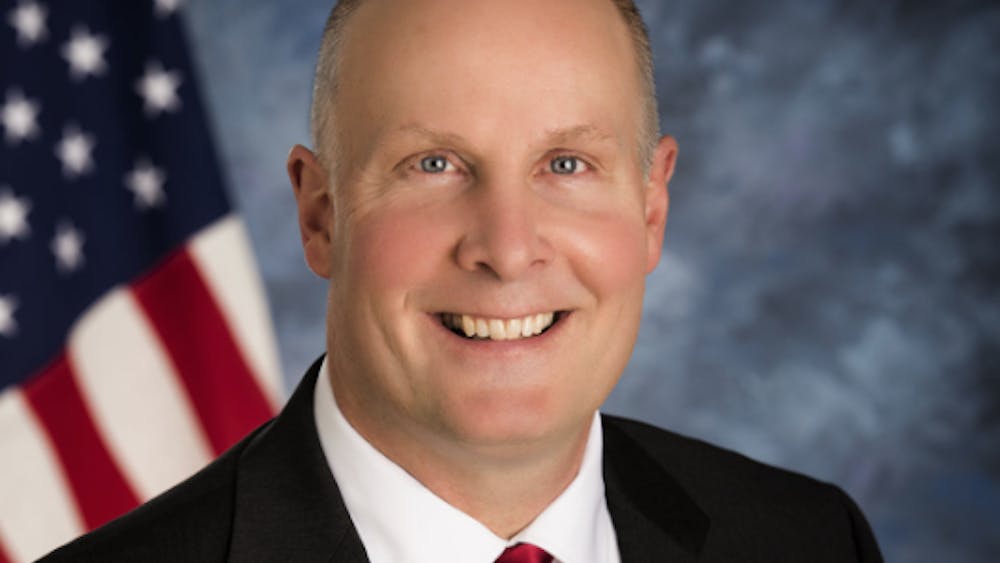COLUMN: Disagreement about coverage does not justify interference
We don’t write for Central Michigan University administration, faculty, parents or alumni. Central Michigan Life is student media.
At CMU, students are not a homogenous group. On this campus we have students who represent a full spectrum of ethnicities, cultures, sexualities and lifestyles, which means that our coverage of life as Chippewas will not always represent the majority perspective or experience.
This most frequently occurs when we cover topics like diversity and sexuality. The reality of life at CMU is that we are home to students with differences, and while we will not put unfair emphasis on one group over another, we will not ignore them either.
I get emails from readers quite frequently, and I reply to as many questions or concerns about CM Life’s coverage as I can. Last week, I received several messages from well-meaning alumni and community members who asked us to take down a story about a former student who has spent the last 12 years working in the adult entertainment industry.
The story was part of a series we released about sexual health in the edition immediately following Valentine’s Day. It was not inappropriate, disrespectful or lewd, but it did give attention to a stigmatized lifestyle.
We did not assign this story to appeal to a 45-year-old mother, or her children. Our coverage is not written for non-students.
In fact, I heard positive feedback about the story from our core audience.
Sometimes you might not like an explanation we give you. It’s OK to disagree, but sometimes people go too far.
Several times this semester, staff members have been bullied at events on and off campus for doing their jobs.
You are not allowed to kick us out of your event or judge the content of the story before a single word has been written. You are not allowed to tell us how to write our stories or which questions we can ask and should be omitted.
It is not only a violation of the First Amendment, it is disrespectful to student-media professionals.
When Michigan State Police and Central Michigan University Police began investigating the death of a Farmington Hills senior in Deerfield Village Apartments, some in the campus community wondered why we were on the scene.
Newsworthy events often occur in public places such as streets, sidewalks or parks. Since these places are open to the public and few restrictions are placed on the activities that take place in them, they are considered public forums.
Regardless of whether news occurs on public or private property, police can limit media access when they believe such restrictions are needed for public safety or to prevent interference with an investigation. The First Amendment does not provide immunity for disobeying police orders.
Police on scene told us we had every right to report on what was happening in public.
One Deerfield resident disagreed.
He not only verbally harassed one of our underclassman photographers for being on the scene, but threatened her with violence.
The student, who was most likely intoxicated, grabbed her and said, “I don’t give a fuck if you are a girl, I will beat the living shit out of you if you don’t back up.”
Individual citizens have no legal right to stop us from doing our job.
I will be very clear. If you harass or attempt to intimidate any of our staff members on assignment during the semester, you will be prosecuted.
Witnesses and survivors of violent events may be traumatized. With that in mind, reporters need to approach victims appropriately and sensitively.
I believe we are always respectful and empathetic when we cover incidents like this.
In this particular case, our staff members clearly identified themselves and were professional, standing far away from the scene of the incident and taking generous steps to remain respectful.
There are three guiding principles that our staff members adhere to: seek truth and report it as fully as possible, act independently and minimize harm.
The third principle speaks directly to victim concerns. It is worth noting that even the best and most responsible reporting can cause some harm. However, the benefits to the public can outweigh what is done.
When in doubt, if you see us at your event or at a crime scene, just let us do our jobs.







